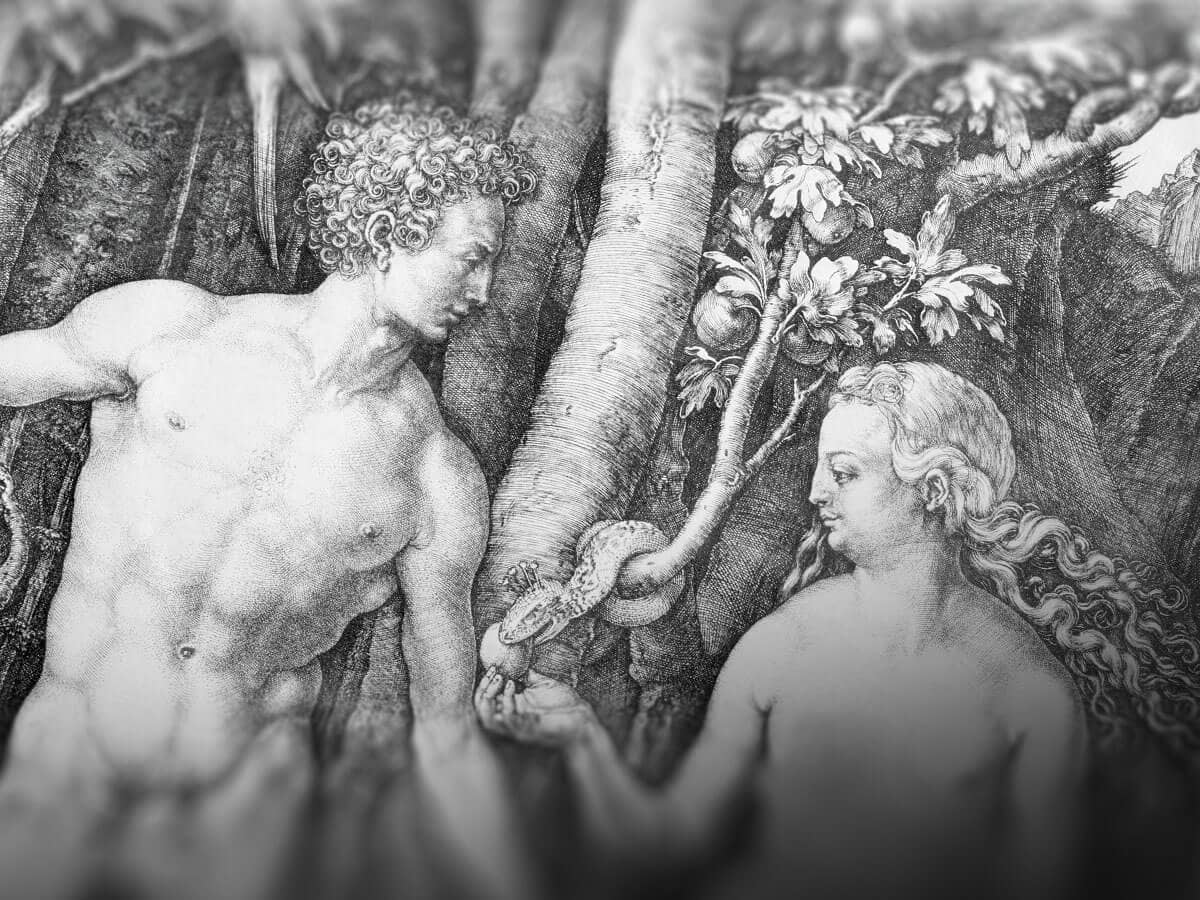
Here’s an exercise. You are standing in front of a Bet Din, a religious court. In this exercise, you are converting to Judaism and your appearance before the Bet Din is a partial requirement of your becoming Jewish. You’re nervous. You want to succeed. Suddenly one of the Rabbis asks you, “Why do you want to become Jewish?” It’s an important question because it requires you to get to the heart of your spiritual journey and your religious identity.
So what is your answer to this question? There are, to be sure, an endless series of possible responses. Here are some potential starting points.
Judaism allows you to be both an individual and part of a community simultaneously. Without belonging to a community of people who share your faith, you would be alone, spiritually adrift in a very large cosmos. That’s an argument for belonging to a religious group. But you’re wary of belonging. You don’t want the group to rob you of your individual self. You need both to be yourself and to be part of a group.
Judaism gives you the freedom to find your own path. Judaism has no defined set of beliefs you must follow. You’re free to believe or not believe, and how much to believe. You can believe in God only 80% of the time if you want. In the Bible when Jacob became Israel, he did so when he wrestled with an angel. Being a part of the Jewish people doesn’t require you to believe in God in a specifically-defined way. It requires you to wrestle with God. Doubt isn’t opposed to faith. It’s a crucial part of it. Judaism doesn’t just permit you to think for yourself. It encourages you to do so.
Judaism so believes in freedom, for you as an individual and as part of a community, that there is an entire holiday devoted to it. Passover is about a flight away from tyranny toward independence and freedom. It’s on such a very journey of liberation that the Jewish people encounter God.
But beyond providing you individual freedom to assemble your beliefs, the Jewish people offers a loving, supportive community. Reality is always different from the ideal, but that ideal is important. Ideally, then, in Judaism no one in the community is left to suffer. No one is alone. When a loved one dies, the community comes to you. When you are hungry, the community feeds you. When you are ill, the mitzvah of bikur cholim means people will visit you. And this is done without humiliation. In Judaism, anonymous giving is the highest form of charity. No one is there to mock you for your troubles.
Judaism makes people feel as though they are part of something bigger than themselves. They are part of a family, one that includes Moses and Ruth, Einstein and Freud, Ben-Gurion and Golda Meir, Anne Frank. And you.
Family relationships are strong in Judaism. Children are not burdens but treasures. Love is not subject to the whims of the moment but a deep connection grounded in faith. You have a stronger relationship because you can trust your partner. You share a spiritual journey.
So you have your self, but you learn to step away from that self and truly give yourself to family, friends, and all others you love.
In traditional Jewish thought, you have a close, loving relationship with a personal God. God listens to you through prayer. And, strange though it sounds, God needs you. God is good and wants human beings to be good to each other. By doing good you act in the physical world in the way that God, by self-limitation, doesn’t do because God is not physical. The great Jewish philosopher, Rabbi Abraham Joshua Heschel put it just right. God is in search of us. Together we are partners. The Hebrew word for the partnership is brit. There is a covenant, an agreement between God and the Jewish people. It’s empowering to be partners with God to make the world a better place.
But what if you do wrong? What if you hurt God or others? On Yom Kippur you can receive forgiveness for wrong you’ve done to God. But for wrong you’ve done to others you have to seek to correct the mistake or in some way make up for it for the person you hurt. This makes you honest with yourself. You become more mature, free from guilt because you have corrected your mistakes, proud of yourself for doing so.
Judaism and the Jewish community have persevered. The Jewish people go far back and far forward. We have a magnificent homeland in Israel to visit and support.
Judaism is your past. It is your future. And, most exciting, it is your present.

